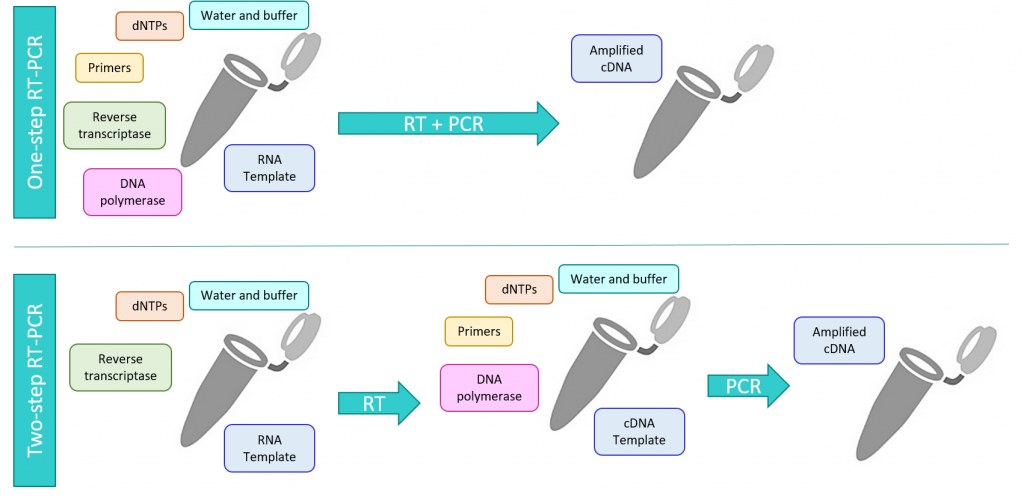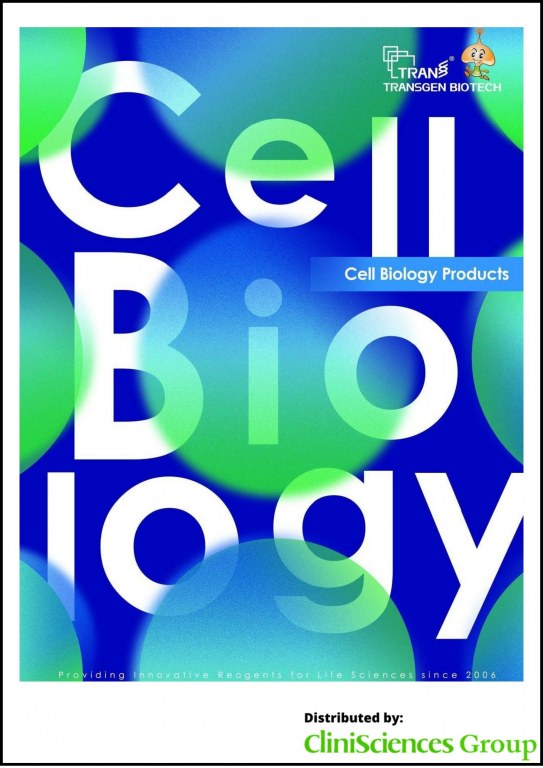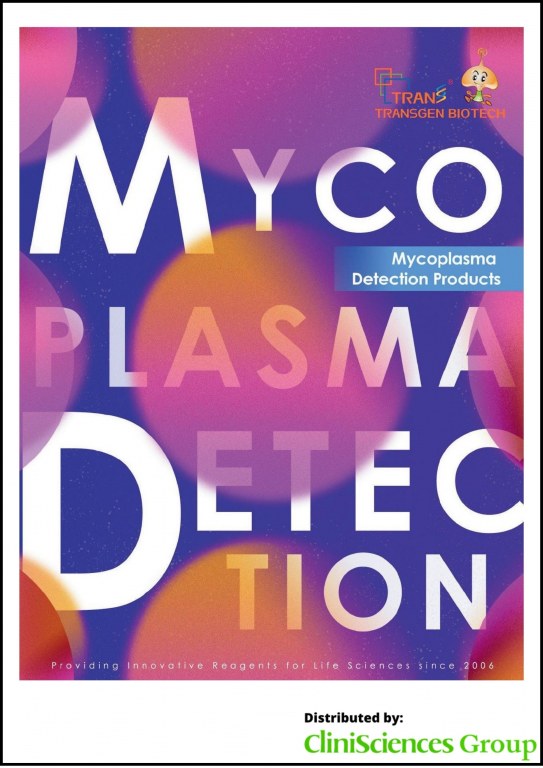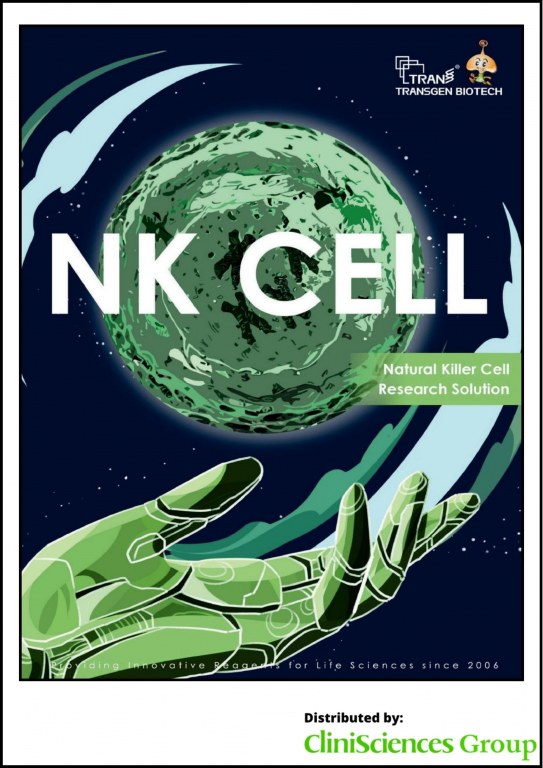TransGen Biotech
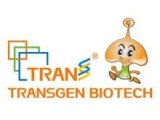 |
||||||||||||||||||||||||||||||||||||||||||||||||||||||||||||||||||||||||||||||||||||||||||||||||||||||||
TransGen Biotech, Inc. is a researcher, developer, manufacturer and distributor of more than 200 molecular and cellular biology products and kits for life science research and molecular diagnostics. In 2001, the company was founded by three scientists with a mission to produce innovative and cost-effective products for life science research. Currently, their products cover: plasmid based DNA markers, high efficiency chemically competent cells, 5 minutes PCR product cloning and expression vectors, a variety of PCR enzymes and supermix, RNase H deficient and high temperature RT enzymes, qPCR and qRT-PCR supermix, the highest efficiency mutagenesis kits, high quality nucleic acid extraction and purification kits, unstained and prestained protein markers, western blot markers, and protein purification resins, cell culture and transfection reagents, antibodies.
Read more :
Watch the videos:
Website : www.transgenbiotech.com
| ||||||||||||||||||||||||||||||||||||||||||||||||||||||||||||||||||||||||||||||||||||||||||||||||||||||||
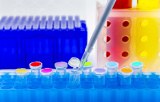
RT-PCR Mixes and Kits
